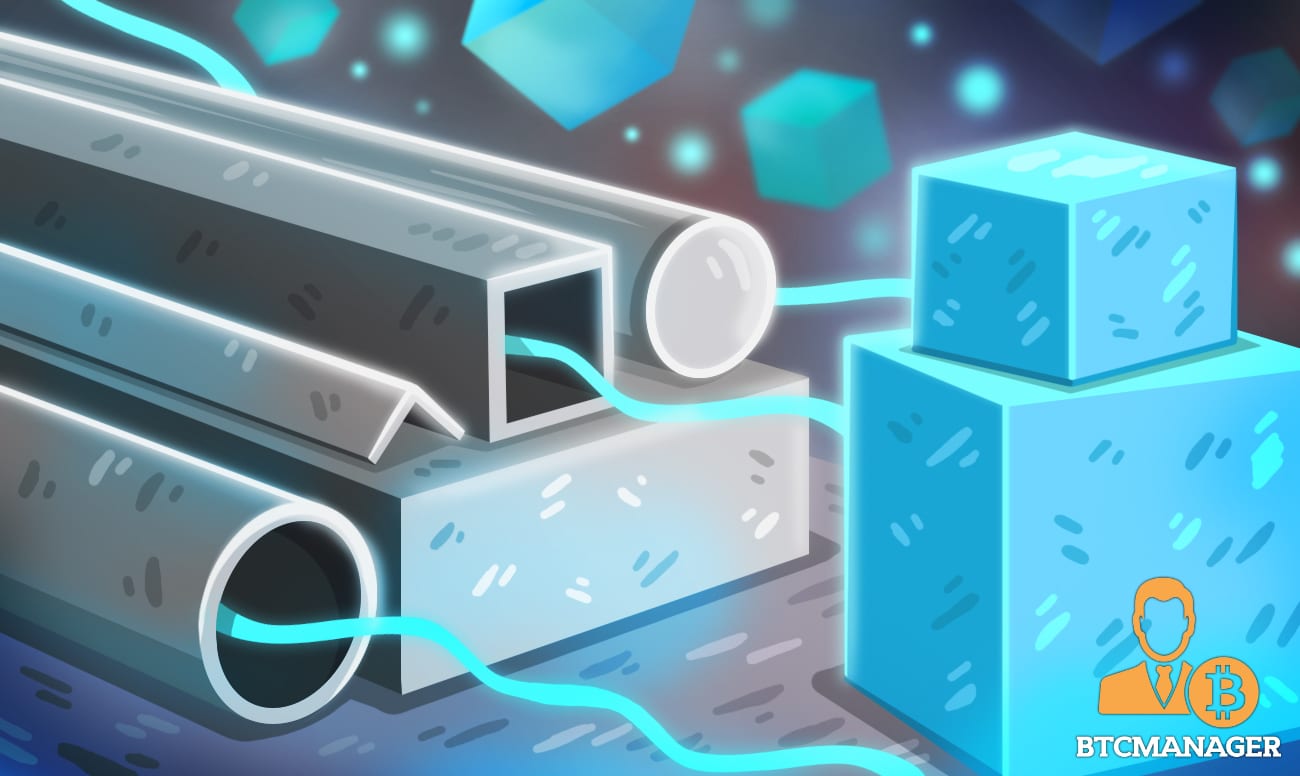World’s Top Aluminium Miner Unveils Blockchain Sustainability Solution

Rio Tinto has announced the launch of a distributed ledger technology (DLT) powered solution dubbed START. The firm says START is designed to foster responsible and sustainable aluminum sourcing, according to a Ledger Insights report on February 3, 2021.
Fostering Responsible Metal Sourcing with DLT
It’s no news that irresponsible sourcing and mining of metals has several adverse effects on the host communities as well as the lives of its residents.
In a bid to promote transparency and traceability in its aluminum supply chain, Rio Tinto, the world’s second-largest metals and mining corporation established in 1873, has integrated blockchain technology into its operations.
Per sources close to the development, the Anglo-Australian multinational firm has launched a blockchain solution called START, which it says will make it easy for end-users of its metals to verify whether the purchased products were sourced under sustainable and responsible conditions.
A Gamechanger for the Aluminum Industry
Commenting on the sustainability initiative, Alf Baros, CEO of Rio Tinto reiterated that the solution represents a significant milestone for the global aluminium mining ecosystem as a whole.
In his words:
“START is a significant step forward for the aluminium industry as the first offering of this kind, setting a new standard on transparency, traceability and responsible production from mine to market. Our vision is that our customers can showcase the sustainability of the aluminium they purchase from Rio Tinto to their consumers, delivering full value from our responsible production.”
Though Rio Tinto has not provided details concerning the exact blockchain network powering its new solution, the firm has, however, made it clear that all its aluminium products now have the START sustainability label embedded in them and it has also launched its sustainability advisory service
Blockchain technology, the lifeblood of bitcoin (BTC), and some cryptocurrencies is increasingly being adopted by players in the manufacturing and supply chain ecosystems, as consumers are getting more concerned than ever, about the ethical sourcing of the raw materials used to manufacture their products.
As reported by BTCManager, in February 2020, luxury car brand, Mercedes Benz adopted blockchain technology in a bid to track carbon dioxide emissions across its cobalt supply chain.













